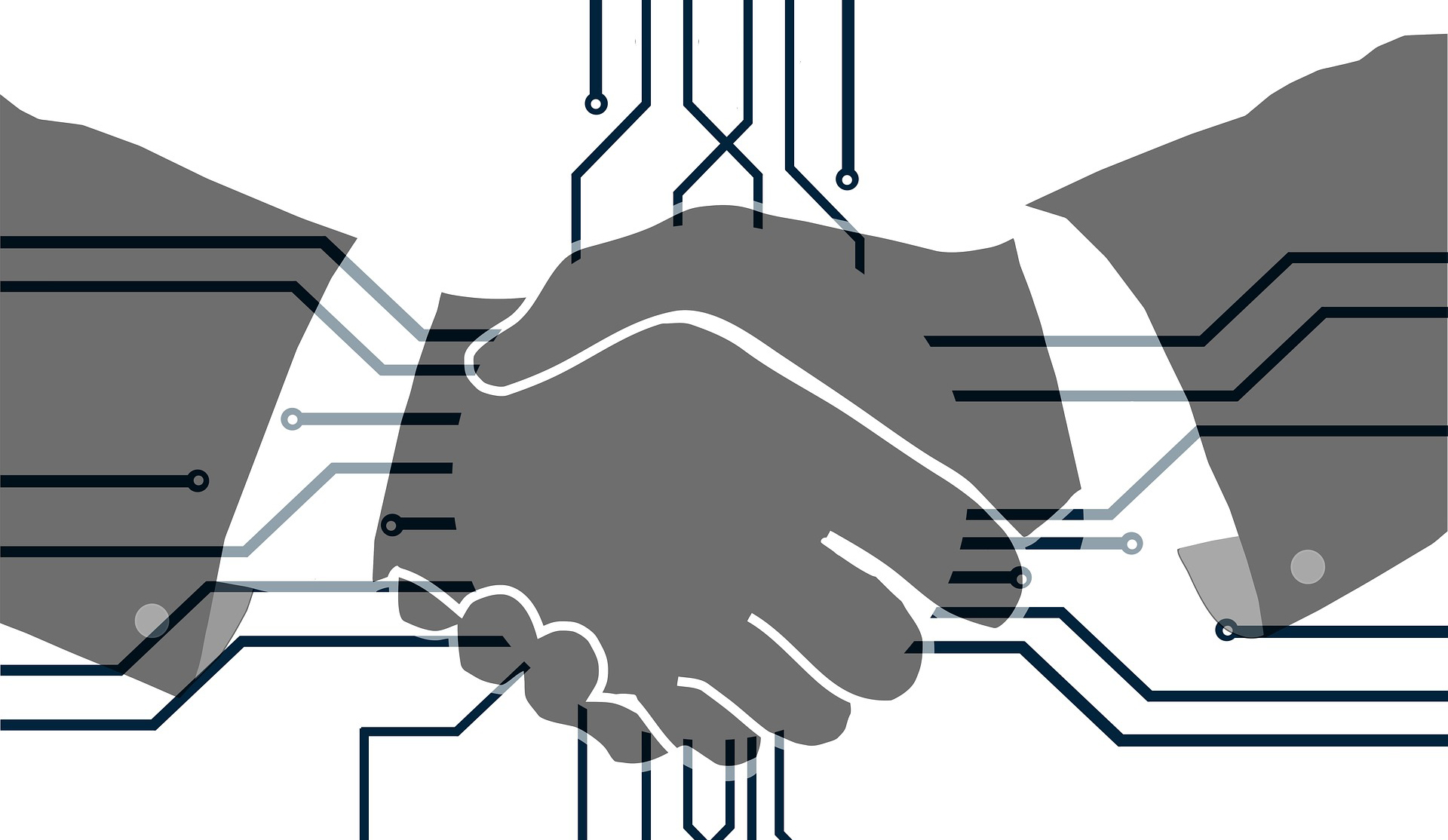A few years ago, Marc Andreessen of Andreessen Horowitz wrote an op-ed piece for the Wall Street Journal titled Why Software is Eating the World. The article persuasively argues that software companies will takeover large swaths of the global economy and industries that once stood outside of the software revolution will now be dragged into it and transformed. The trends Andreessen documents still prove true and we continue to see everything from the music industry to the hospitality industry being disrupted by technology.
Surprisingly, the market for legal services, managed to escape many of these disruptive forces and rode out the initial waves of technology change largely unscathed. Lawyers, for the most part, still bill on an hourly basis, increase their rates, and maintain a sturdy fortress around specialized legal knowledge that allows us to charge a premium to the uninitiated. The industry, however, sits on the cusp of revolution and I believe that during the next decade we will witness changes to our profession as profound as those Netflix ushered in when they destroyed the DVD industry with video streams.
You can already see it beginning:
- Y-combinator recently announced that they will require all their portfolio companies to use a new means of financing called a SAFE (simple agreement for equity) that eliminates the need for expensive legal review.
- Founders Workbench provides online tools that allow businesses to draft their initial incorporation documents on-line and at no cost.
- Rocket Lawyer provides low cost or free documents to their users who can interact with lawyers electronically at a very low rate per hour.
- The bitcoin protocol allows for the construction of zero trust contracts that could, in theory, make lawyers irrelevant.
Each of these examples empower the clients not the lawyers, drive deflation into a business model characterized by the steady inflation of its fees throughout its history, and challenge the notion that specialized legal knowledge builds value for businesses.
I plan to explore many of these topics in detail over the course of the next few months, but the main premise is simple: software is about to automate huge portions of the law and the majority of lawyers have no idea how to respond to their pending redundancy.
As is always the case, the destruction of old business models will produce great opportunities, many of which already play a big role in the market for legal services. For example:
- Smaller firms that embrace technology can provide high quality services to their clients without the costly overhead that saddles larger firms. The end result is a lower fee for the client.
- Clients and lawyers now build platforms that utilize software to interact more productively. The end result is better legal analysis than would result from the attorneys working in isolation.
- Lawyers cede control to the bots. Many innovative firms now realize that some legal tasks benefit from automation and the end result is a better overall product.
As lawyers, we need to accept the fact that these changes are occurring and use them to build better results for clients.





0 Comments